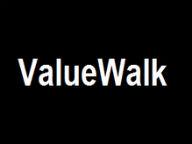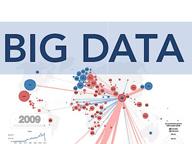Faculty News
—
In an op-ed, NYU Global Research Professor Ian Bremmer illustrates how the terror attacks in Brussels will impact the chances of Britain exiting the EU
—

Excerpt from TIME -- "Polls are close but swinging toward exit. The danger is that with the public divided, the passion of the anti-Europe side will carry the day. The cold economic logic favoring remaining in the union won’t do much to excite voters who are seeing constant headlines about how Europe is falling apart. Prime Minister David Cameron has acknowledged as much, saying this month that his biggest concern was low voter turnout for the 'in' campaign."
Faculty News
—

Excerpt from TIME -- "Polls are close but swinging toward exit. The danger is that with the public divided, the passion of the anti-Europe side will carry the day. The cold economic logic favoring remaining in the union won’t do much to excite voters who are seeing constant headlines about how Europe is falling apart. Prime Minister David Cameron has acknowledged as much, saying this month that his biggest concern was low voter turnout for the 'in' campaign."





















